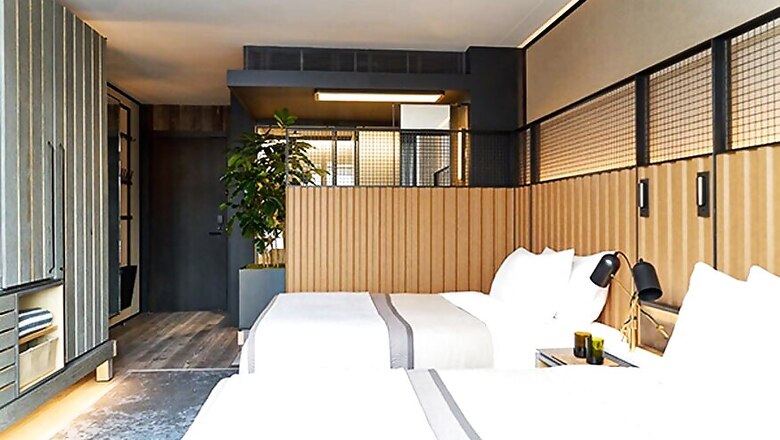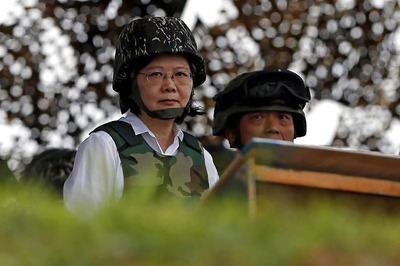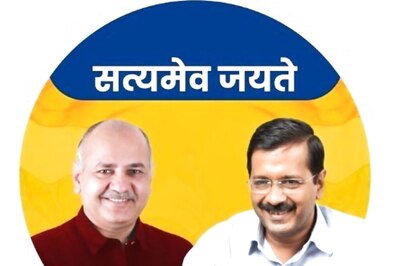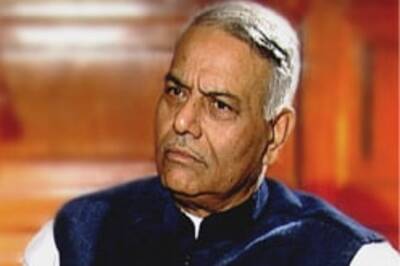
views
By now everybody knows that under the new GST tax regime, the rate of tax charged on hotels is based on 3 tariff slabs within which the per night tariff of the hotel falls.
The lowest slab has the tariff ranging from Rs 1,000 to Rs 2,500 is taxed at 12%, whereas those hotels that have the tariff from Rs 2,500 to Rs 7,500 are charged at 18% and lastly those, that have per night tariff exceeding Rs 7,500 are subject to 28% GST.
It's been more than a month now since GST was introduced in the economy and due to this excessive rate of tax the high tier hotels have already seen a declining trend in occupancies.
While, on the other hand, according to Aloke Bajpai - cofounder of ixigo there has been an increasing trend in bookings for mid range hotels whose tariff ranges between ₹3,000 to Rs 7,500 per night.
Recently held Monsoon Survey of Yatra.com showed that GST has affected the choice of luxury accommodation of approximately 56% customers. Another popular travel portal, Cleartrip recorded a fall in bookings for such high tier hotels quarter-on-quarter.
Such travel portals also expressed their concern regarding customer base that will be affected to such a high rate of GST. This high rate of 28% is changing the outlook of the domestic customers towards luxury accommodation and it is also likely to affect the foreign revenue that comes via these luxury hotels. Another thing that has happened is that due to this hike in tax rate some travelers have postponed their travel plans and some have upgraded to international destinations like Thailand, Sri Lanka and Dubai.
A recent study conducted by a consulting firm, HVS, revealed that such high rate of taxation as implemented under GST is not being imposed by any other country and has made Indian 5-Star category hotels as the most taxed in the world at par with those in London, New York and Paris.
While, Chinmai Sharma, the Chief Revenue Officer of Taj Hotels Palaces Resorts Safaris stated that the hotel has not seen any significant impact as of now due to new rates under GST however, he too seemed concerned over the impact such rates will have on India’s competitiveness as a popular tourist destination along with the MICE (meetings, incentives, conferences and exhibitions) segment owing to the fact that tourism is a prominent source of foreign exchange simultaneously generating employment opportunities.
Meanwhile, the hoteliers have already found a way to guard their customers against 28% GST by capping room rents below the Rs 7,500/- threshold.




















Comments
0 comment